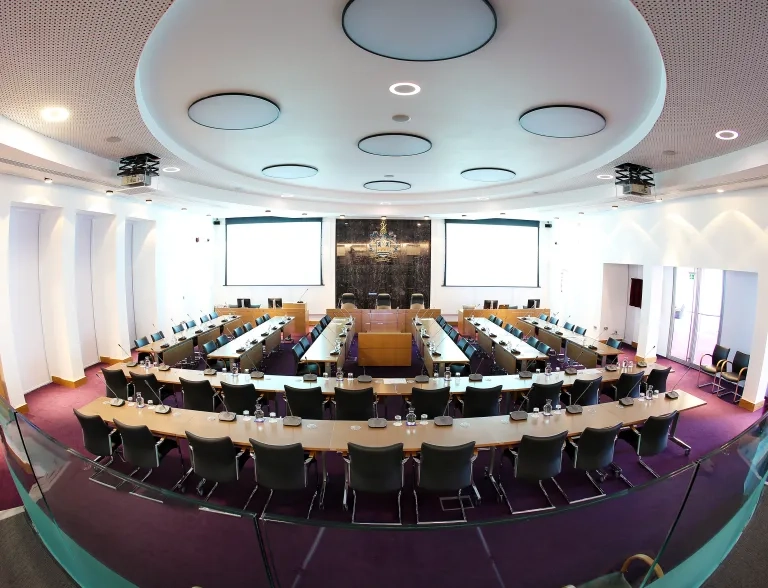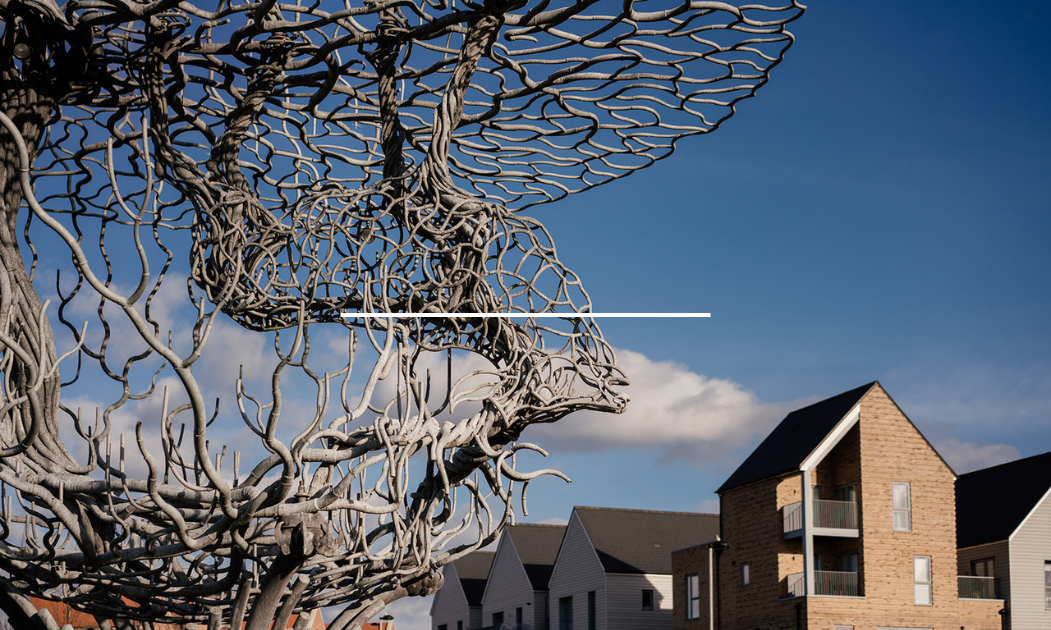Council’s 2025/26 budget balanced but uncertainty ahead

Chelmsford City Council is proposing a balanced budget for 2025/26, but significant uncertainty remains over its funding for future years.
According to a report being considered by the council’s Cabinet, ‘ever more difficult budgets’ mean tough decisions have been needed to raise additional revenues for the forthcoming financial year, to avoid damaging, permanent cuts to services. This includes the reluctant introduction of a new garden waste subscription service, along the same lines as paid schemes already introduced by nearly every other council in the country.
Budget gap explained
The city council’s costs have risen dramatically over the last three years - some of them trebling in amount. However, the council’s income hasn’t kept pace. Funding from central Government has fallen in real terms, and the 10% share of the Council Tax paid by Chelmsford residents cannot match increased demand for council services (like homelessness) and high inflation. These pressures led to a deficit being forecast in late 2024 of £4m for 2025/26 and this budget closes that gap.
Falling Government support
Just before Christmas, the Government gave each council details of how much central funding would be available for the year ahead. Some extra cash was allocated for Chelmsford in the form of housing grants and a new levy on packaging producers. However, extra costs from other Government decisions, such as the rise in employers’ National Insurance Contributions and another increase in the National Living Wage, will take much of this benefit away from the council.
Chelmsford City Council estimates that it has lost real-terms government funding of around £11m a year since 2010/11. With severe cost pressures facing most councils, including Chelmsford, the Government’s provisional funding settlement again fell short of what was needed to fill the council’s deficit.
Rising homelessness costs
A key pressure highlighted in the report is the council’s rapidly growing spend on homelessness – mainly on temporary accommodation (TA). The council has allocated £5.9m for housing services in 2025/26 – almost a fifth (19.7%) of net council spend. In 2020/21, council net spend on housing was just £1.365m, or 7.2% of its budget. This big increase reduces the council’s ability to finance other services to its residents.
The city council, with housing associations, has plans to build over 100 brand-new affordable homes in the next couple of years. However, this will only help slow the increase of homeless families needing TA in future years. With each new case of homelessness costing the council around £13k per year, this extra demand for an essential, but expensive service is helping to create an unsustainable shortfall in council finances.

Increased fees and charges unavoidable
This means the council has to rely on income from other sources, like new and increased fees and charges, to cover its budget shortfall. Its new garden waste subscription service from March 2025 will make an important contribution to this and enable other services to continue.
Some efficiency savings and council reserves will help to balance the budget, and it’s also proposed to increase the Council Tax the city council keeps by 2.96% (a rise of just 13p a week for an average Band D property). This increase reflects the long-standing practice of increasing Council Tax because the Government assumes the council does when allocating its funding to local government.
Councillor Chris Davidson, Cabinet Member for Finance, says it’s becoming harder to balance the budget without cutting services.
““This has been a very challenging budget with more difficult decisions than usual. Last year, we hoped the Government would recognise the big financial challenges faced by most councils - with transformational funding support that would make a significant difference.
Cllr Chris Davidson, Cabinet Member for Finance
“This hasn’t happened and, unfortunately, it has made the introduction of new, local charges unavoidable. Although most councils already charge to collect garden waste, we do understand that residents will be disappointed that we can no longer offer a free garden waste collection service in Chelmsford. This is not a change we make lightly, and we have resisted doing this for as long as possible.
“Fundamentally, the council’s income isn’t growing as rapidly as its costs. The 10% share of Council Tax we receive is paying for a diminishing proportion of our services and support from the Government has been decreasing for the last 15 years. Some hard choices have been needed to protect the thirty or so services we provide that touch the lives of residents across the district.”
Some investment via capital programme
Although the council’s revenue budget (which deals with day-to-day spending) is under strain, there are some improvements planned as part of its capital spending, as money for investment in facilities is collected from developers. Every year, the council has a programme of works needed to properly maintain its assets and estate. Riverside Leisure Centre’s ice rink is put forward to undergo essential replacement works for its roof and cooling system, along with other maintenance and improvement at Chelmsford Sport and Athletics Centre.
As part of the capital programme, extra funding is also allocated for a new 6-pitch sports and recreation ground at Beaulieu Park, paid for by a contribution from the developer. This top-up to deliver the project comes from s106 planning obligations specifically made for sports provision in this area, at no additional cost to the council. The council will manage and maintain the new facility once the project has been completed.
Future uncertainties
Despite putting forward a balanced budget for another year, the report warns of ‘significant uncertainties’ for the future. Although little is yet known about the impact of Local Government Reorganisation on council finances, this could create financial risk over coming years, particularly if councils are expected to meet costs of reorganisation in addition to delivering services.
Another concern highlighted is that the overall outlook for Government funding could become considerably worse for the council. A new system the Government intends to use to work out how councils are funded is unfavourable to Chelmsford. This is likely to mean the amount the city council receives from government grants and business rates will be reduced in future. Although far from certain, for planning purposes the report assumes a funding loss of £2.75m a year by 2028/29.
Find out more
Chelmsford City Council’s Cabinet will discuss the budget report when it meets on 28 January at 7pm. A livestream of the meeting is available on the council’s YouTube channel, along with a recording once the session is over.
The council’s main budget-setting body, Full Council, will receive the final budget recommendations on 19 February.
To find out more about how your Council Tax is split to provide local services, take a look at the ‘what council tax pays for’ page on our website.


